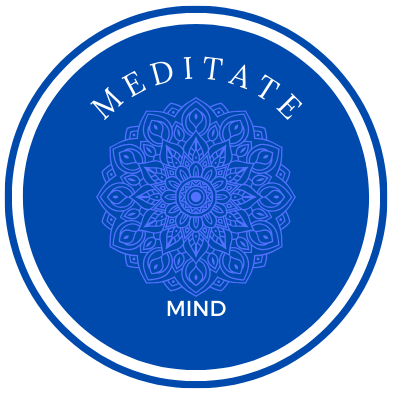
You’re going to find out about a practice that has stood the test of time, something that many turn to for its mental benefits: meditation. But meditation isn’t just about achieving a peace of mind or a moment of zen. It’s about tapping into a practice that can quite literally change the state of your physical health.
Let’s explore the basics first. Meditation, at its core, is a practice where an individual uses a technique to focus their mind and achieve a mentally clear and emotionally calm state. It’s been a part of human culture for millennia, with roots tracing back through various historical and cultural contexts all around the world.
Now, while a lot of people associate meditation with mental clarity and emotional balance, it’s also deeply linked with physical health. I’m not just saying that because it’s a trending topic; there’s a plethora of scientific studies backing it up. From decreased stress levels to improved heart health, meditation’s effects are far-reaching.
So, as we venture into the more tangible benefits that this ancient practice can bring to our everyday modern lives, keep in mind that meditation links the mind and the body in ways that may surprise you. As you’re about to see in the next section, the physical health perks of regularly hitting the pause button on life’s chaos are profound and backed by science.
Unraveling the Physical Health Benefits of Regular Meditation
You might be pleasantly surprised to learn how sitting quietly and clearing your mind can lead to tangible physical health benefits. In recent years, the medical community has been paying closer attention to the effects of meditation on the cardiovascular system. For instance, studies indicate that regular meditation can lower blood pressure, reduce the risk of heart disease, and improve circulation.
Now, let’s take a closer look at stress. Stress isn’t just about feeling overworked or tense; it can also provoke a cascade of hormones that wreak havoc on your body, affecting everything from immune function to digestion. When you meditate, you’re engaging in an effective stress-management technique. Research has shown that meditation can decrease the production of stress hormones, such as cortisol, and boost the production of neurotransmitters that promote well-being, which, in turn, enhances immune response.
Chronic pain is another area where meditation is making waves. If you’re wondering how mindfulness can possibly dull pain, think about meditation as a volume knob for discomfort. Studies suggest that through meditation, individuals can alter their perception of pain, which can lead to improved chronic pain management. It’s about changing the way the mind processes pain signals, potentially making the pain less intense and more manageable.
A good night’s sleep is crucial for your health, and guess what? Meditation can play a role in that too. From settling a busy mind before bedtime to improving the overall quality of sleep, the relaxation achieved from meditation has been linked to falling asleep faster and experiencing deeper sleep cycles. Plus, many people report higher energy levels throughout the day due to the restorative effects of meditation on their sleep patterns.
As you ponder these benefits, consider how inviting meditation into your life could be a game-changer not just for your mental health, but for your body too. In the next section, I’m going to help you with practical advice on making this transformative practice a part of your everyday routine for a holistic approach to your health.
Integrating Meditation into Your Routine for Holistic Health
I’m here to help you with weaving meditation into your daily rhythm. It’s not about carving out hours from your busy schedule; sometimes, just a few minutes can make a significant difference. Start small, with maybe a five-minute session and gradually increase as you become more comfortable with the practice.
Choose something that resonates with you. There are numerous methods, from mindfulness to transcendental meditation, and finding the one that clicks will help you stay consistent. If you’re not sure where to start, guided meditations apps or local classes can offer structure and direction.
I’ve got to emphasize the importance of patience. Integrating meditation into your life is a process, and it’s normal for it to feel a bit awkward or challenging at first. Give yourself grace and recognize that each session is a step forward.
Finally, remember the importance of a supportive community or network. Whether it’s a meditation group or an online forum, connecting with others can provide motivation and insights that enhance your practice.
